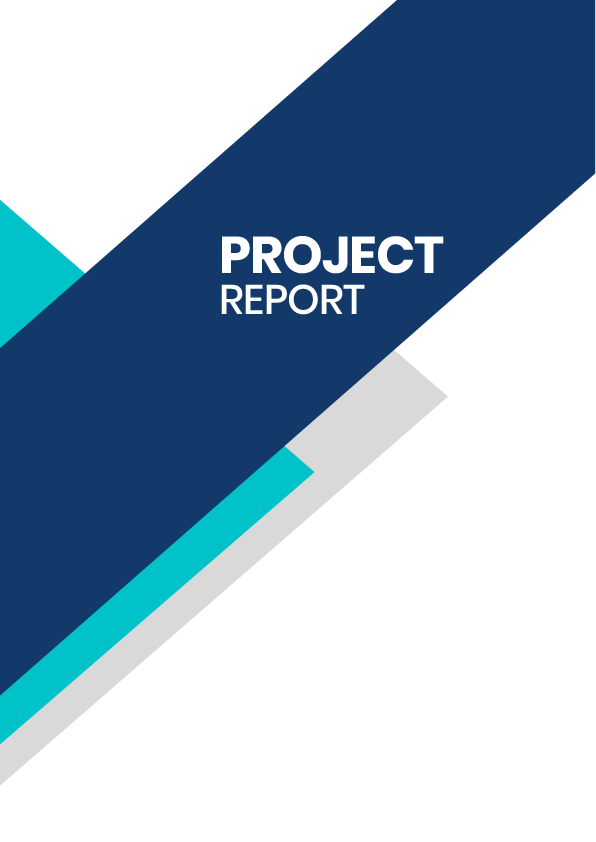Related Keywords
- Aluminum Dust
- Aluminium Metal Powder
- Aluminium Granules
- Aluminium Fines
- एल्युमिनियम पाउडर
- एल्यूमिनियम धूल
Aluminium Powder Project Report Summary
- Production Capacity: 100–500 kg/day
- Profit Margin: 20–25% annually
- Payback Period: 1.5–2 years
Objectives of the Aluminium Powder Project Report
- Promote the production of high-quality aluminium oxide powder and aluminum metal powder for industrial use.
- Create job opportunities in manufacturing and export sectors.
- Provide a sample project report for aluminium powder that meets bank and MSME standards.
- Encourage small-scale industries to use project report templates in Word or Excel for easy customization.
Scope of the Aluminium Powder Project
- Pyrotechnics and fireworks (as Dark Aluminum Powder)
- Paints, pigments, and coatings (as Powder Coated Aluminium)
- Ceramics and electronics (using Aluminum Nitride Powder)
- Chemical industries (using Aluminum Hydroxide Powder and Aluminum Sulfate Powder)
Promoter’s Details
Location and Utilities
- Continuous power supply
- Dust pumps and air conditioning.
- Safe chemical storage space
Raw Materials and Consumables
- Raw aluminium ingots or sheets
- Grinding media and milling tools
- Packaging materials
- Protective gear for workers
Manufacturing Process
- Melting and Atomization:Molten aluminium is sprayed to produce powder particles.
- Ball Milling: In order to obtain fine granules and dark aluminum powder.
- Powdering: Powders are separated in terms of their sizes and uses.
- Packaging: Industrial sale in aeronautic packaging.
Plant & Machinery
- Ball mill or atomizer
- Powder sieving machine
- Packaging machine
- Dust collector
- Air compressor
Market Potential and Strategy of Aluminium Powder
- Collaborate with paint and chemical companies.
- Online distribution to military and firearms manufacturers.
- Build an online presence of aluminum powder for sale.
Manpower Requirement
- 1 Production Manager
- 2 Skilled Operators
- 2 Helpers
- 1 Accountant / Admin
Risks and Mitigation
- Explosion-proof equipment should be used.
- Maintain safety standards
- Sign long-term supply contracts with buyers
Financial Overview
- Projected Project Enhancement Cost: 12-18 Lakhs.
- Working Capital: ₹3–₹5 lakhs
- Expected Revenue: ₹25–₹30 lakhs/year
- Net Profit: 25–30%
Government Schemes and Subsidies
- PMEGP project report submission for loan approval
- MSME schemes for manufacturing units
- Subsidies under NABARD or District Industries Centre (DIC)
Why Choose Finline for Aluminium Powder Project Report?
- Create reports instantly using project report format in Excel or Word
- Download PMEGP project report PDF for submission
- Customize for small, medium, or large-scale projects
- Trusted by thousands of Indian entrepreneurs
Conclusion
Frequently Asked Questions
Get answers to common questions about Project report for aluminium powder.
Need Help?
Please send a WhatsApp message to us, and our team of experts will guide you in creating a project report for bank loan.
How Finline Helps You Create a Perfect Project Report
1. Enter basic details
Simple questions about your assets and expenses.
2. Auto-calculate cost & projections
Our intelligent software calculates all financials automatically.
3. Download bank-ready PDF
Get a professional PDF report formatted for bank submission.
4. Submit for loan
Download and submit your report to banks for loan approval.
Why finline is better than competitors
- Unlimited edits
- Unlimited downloads
- Up to 10 years of projections
- Automated calculations
- Complete in 10 minutes
- No finance expertise needed
- Instant PDF generation
- Industry-specific projections
- Error-free financial statements

Frequently asked questions
Everything you need to know about the product and billing.
Finline is an online tool for creating a project report for bank loan online and see the report for free online. You only need to pay for downloading the report.
Can I change my plan later?
Yes , ofcourse you can upgrade from a lite plan to a pro at anytime.
Can I edit the report after download ? is it chargeable?
You can do unlimited edits even after download without any extra payment.
What is the ‘lite’ and ‘pro’ plan ? Is it subscription based plans?
Lite and Pro are just individual report download plans , not subscription plans.
Do I require a CA seal & Stamp for getting a loan?
Not at all, project report is a business plan about your business and it should be prepared by an entrepreneur . Nobody can predict and certify a business which is going to happen in the future.
Can I get any assistance from your team?
Yes of course, you can go to the help section in all pages were you can find chat button for seeking support.
Can I get a project report format for bank loan through Finline?
Yes! Finline provides a ready-to-use project report format for bank loan. You can create it online, see it for free, and download it instantly for your loan application. This makes your project report format for loan easy to complete in just a few steps.
Do you provide a project report format for bank loan in excel?
Yes. Finline offers a project report format for bank loan in excel that is easy to edit and customize. You can also download a project report format for loan in excel if you prefer working offline.
